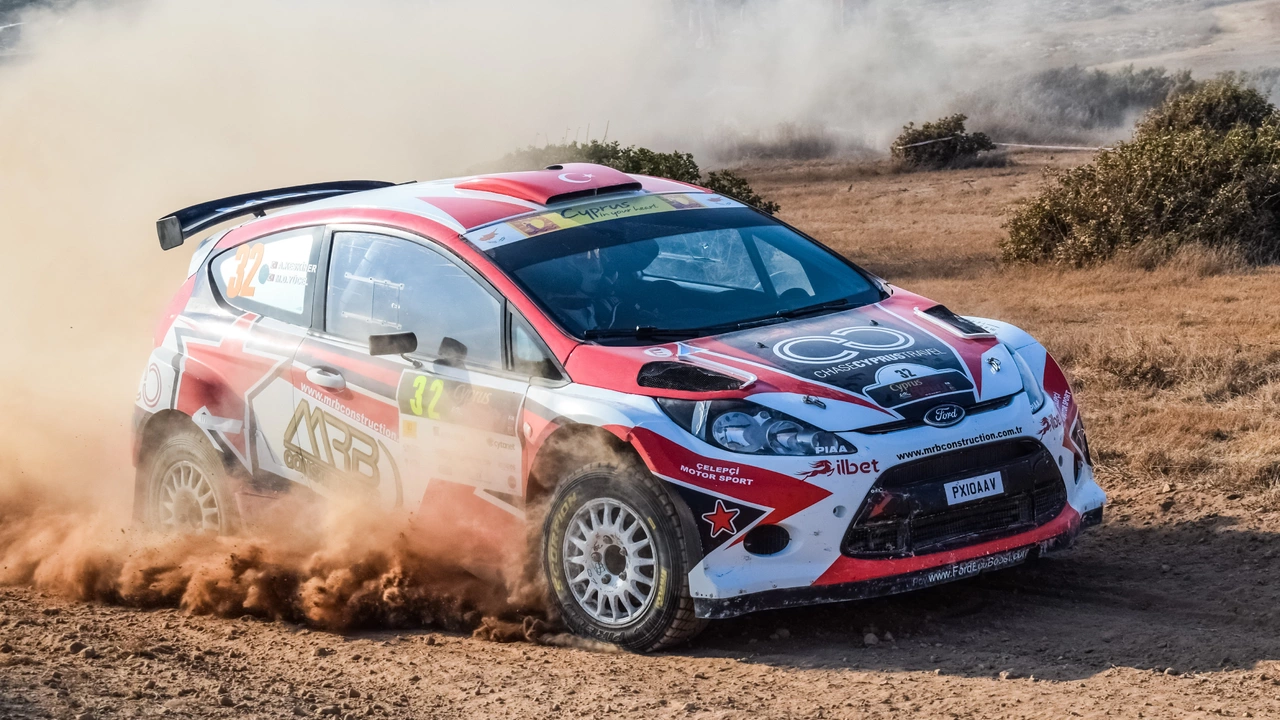How fast do rally cars go in MPH?

Understanding Rally Racing
Before we dive into the specifics of how fast rally cars go, it's important to understand what rally racing actually is. Rally racing is a type of auto competition conducted on public or private roads with specially built or modified cars. This contrasts with other forms of racing which take place on a closed circuit. The nature of these races, the changing terrain and weather conditions, all play a significant role in determining the speed of rally cars.
The Role of the Driver and Navigator
The speed of a rally car isn't just about the car's technical capabilities. The driver and navigator are a crucial part of how fast a car can go. The driver’s skill and experience, along with the navigator's ability to communicate effectively, can significantly affect the car's speed. It's not always about going as fast as possible, but rather about maintaining a consistent speed, reading the terrain correctly, and managing the car's health over long distances.
Technical Specifications of Rally Cars
Rally cars are specially built or modified for the rigors of rally racing. They possess powerful engines, advanced suspension systems, and are often lighter than standard cars to allow for greater speed. The specifics of these specifications can greatly impact how fast a rally car can go. For instance, the engine’s horsepower, the car’s weight, and the type of tires used all contribute to the car's possible top speed.
Impact of Road Conditions on Speed
Road conditions in rally races can vary wildly, from smooth tarmac to gravel, dirt, or even snow. These different surfaces can affect a car's speed drastically. For instance, a car may achieve higher speeds on tarmac but may have to slow down on gravel to maintain control. This section will examine how different road conditions can affect a rally car's speed.
The Influence of Weather
Just as road conditions can affect speed, so can the weather. Rain, snow, fog, or even excessive heat can all have an impact on a rally car’s speed. Drivers may have to adjust their speed to suit the conditions, to ensure they maintain control of the vehicle and protect their safety. It's not simply about going as fast as possible, but about managing risks and ensuring they can finish the race.
Speed Restrictions in Rally Racing
Contrary to popular belief, rally racing does have speed restrictions in place for safety reasons. These restrictions vary depending on the type of rally event and the specific stage of the race. Understanding these limitations and how they impact the overall speed of rally cars is important.
Record Speeds in Rally Racing
Despite the factors that can limit speed in rally racing, there have been some astonishing speed records set in this sport. This section will look at some of the fastest rally cars and the speeds they’ve achieved, offering a glimpse into the true potential speed of these vehicles.
Conclusion: The Complexities of Speed in Rally Racing
Understanding the speed of rally cars isn’t as straightforward as it may seem. It's not simply about how fast the car can physically go, but about how the drivers, conditions, and regulations all interact to determine the car's speed. This conclusion will summarize the complexities of speed in rally racing and provide a final perspective on the question: "How fast do rally cars go in MPH?"
